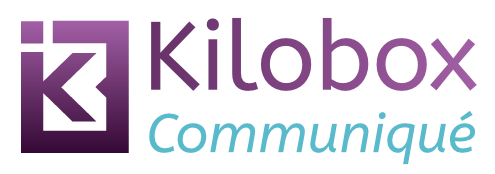
I don’t mean to raise the old argument of whether to do exactly as the client asks, or deliver what the client actually needs. Client relationships and project scopes are complex for sure.
I mean to address the tension between what a single influential but unfocused stakeholder wants and what the audience needs to know when it comes to crafting a good article / communiqué.
Stakeholders may not be communicators, and they may or may not have power and a ‘real’ stake in our work. If they wanted to control every crossed t and dotted i, wouldn’t they have chosen to be communicators instead of managers or directors? Have they not engaged the best people (you and your comms team) to take care of the nitty gritty, the hard stuff and the soft stuff?
But when a stakeholder wants something, they want it, and you feel under pressure to deliver that ‘want’ alongside the professional desire to craft a communication for the benefit of the audience. I feel under pressure anyway. I don’t mean to argue, but I do have to represent the ‘unheard’ audience to the stakeholder don’t I? The stakeholder knows what they want, but how do they know what the audience needs, and wants?
How do you? How do I?
I hope I know something of my audience. In the office, I don’t write for me. Here at kilobox.net I don’t just write for me. During the day I write for my colleagues, for our staff, for our people. During the night I write for you (and a little for me). I’ve honed my empathy for the audience over several years. As I write paragraphs, I don’t just check the meaning of the text, I ask myself how other people could interpret the message. I ask myself how a busy person might scan-read the article; what will they take away? I ask myself what a disengaged, miserable-in-their-job person might feel as they read the 400 dull words. I wonder what a more knowledgeable individual will think of what I’ve written in my ignorance.
I try to consider the small picture, the nuts and bolts, and also the big picture, the way this article fits in to our ethos and overarching ways of work.
There’s nothing stopping a stakeholder from going through these reflections, nothing at all. I just don’t believe they do. I am genuinely sorrowful that I have a certain amount of arrogance within me. I want it to be simple pride in my work, but I know it borders on arrogance and self-importance. But you’ve read my blog before, so you’ve already forgiven me I’m hoping.
I twist myself through several thought experiments in order to consider how a written article will land with the audiences, I just don’t believe casual communicators take the time to do so.
So what do you do when the stakeholder, who doesn’t really care about the communication but wants what they want, wants something said, in a certain way, that will be detrimental to an audience? Or goes against previously agreed standards and principles?
We have to work for our stakeholders, but we have to work for our audience as well.
Do you choose the stakeholder, and advance your reputation and career prospects, or do you choose the audience, and, erm…
I know the answer is that “one chooses both, they are not exclusive to each other” but I’m unsure I’ve got the agility or acumen to compromise on quality. What’s your advice?
[Wedge]Photo credit: kozumel






Great post. Helluva dilemma, but one which is faced every day where I work as well. All too often we’re sucked into the C-suite internal politics and end up bowing to their demands instead of sticking to what we believe in – the JFDI attitude of the senior guys forces us into giving the CEO what they want instead of fighting the corner of the audience.
Still battling with it…
Dave
P.S. Keep the blog posts coming – love em!
Thak you Dave, good of you to say so.
I see from your comment that we experience similar concerns, and I always love the JFDI acronym (ocassionally i use it myself)!
It certainly cuts down the argument “well, we *could* do it THIS way, or maybe…” quickly and effectively!!